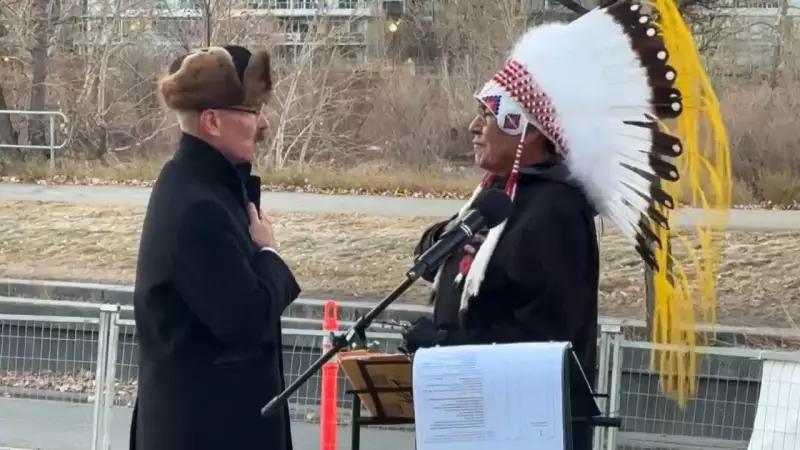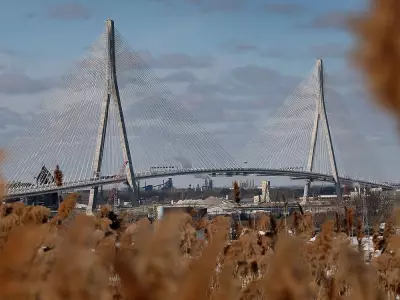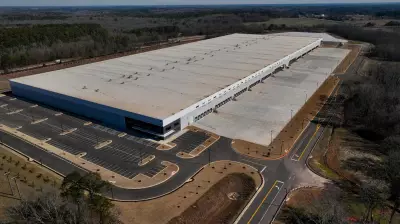
A solemn sunrise ceremony illuminated Calgary's Field of Crosses on Saturday morning, creating a powerful tribute to mark Indigenous Veterans Day. The event honored the significant yet frequently overlooked contributions of Indigenous service members throughout Canada's military history.
A Moving Tribute at Dawn
The ceremony began as the first light of daybreak touched the thousands of crosses standing in memorial along Memorial Drive. Saturday's event specifically recognized Indigenous Veterans Day, which occurs annually on November 8th, paying special homage to First Nations, Métis, and Inuit individuals who have served in Canada's armed forces.
Participants gathered in the crisp morning air to witness traditional Indigenous elements integrated with military commemorative practices. The blending of cultures created a uniquely Canadian tribute that acknowledged both the service and the distinct experiences of Indigenous veterans.
Preserving Overlooked Histories
The ceremony comes at a time of increasing recognition of the complex relationship between Indigenous peoples and Canadian military service. Historical records indicate that thousands of Indigenous individuals served in conflicts throughout the 20th century, despite facing discrimination and barriers both during their service and upon returning home.
Recent years have seen growing efforts to document and honor these contributions, with events like the Calgary sunrise ceremony playing a crucial role in raising public awareness about this important aspect of Canada's military heritage.
Continuing Legacy of Remembrance
The Field of Crosses, which stands annually from November 1st through 11th along Memorial Drive, typically features over 3,000 white crosses—each bearing the name of a southern Alberta service member who made the ultimate sacrifice. The inclusion of Indigenous Veterans Day ceremonies within this sacred space represents an important step toward more inclusive commemoration practices.
As the sun rose higher over the Bow River, attendees reflected on the dual significance of the location—both as a traditional gathering place for Indigenous peoples and as a contemporary site of military remembrance. The ceremony concluded with participants expressing hope that such tributes will ensure future generations understand the full scope of Canada's military history, including the vital role played by Indigenous service members.






